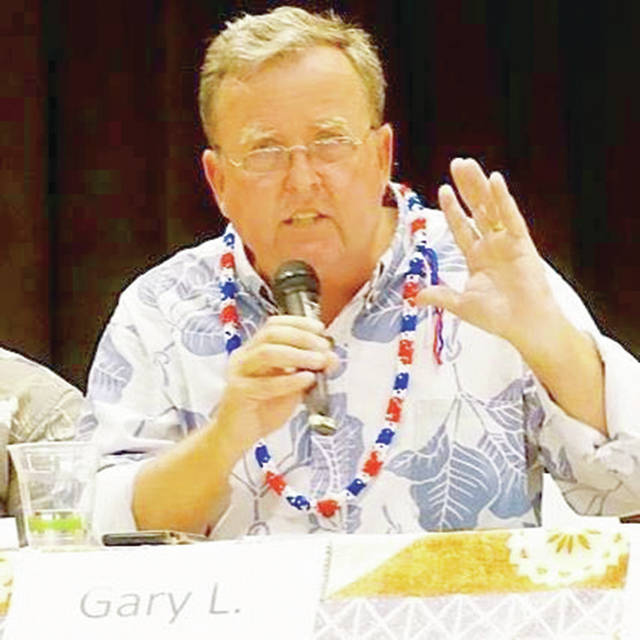With the elections of 2018 fast approaching, attention will soon be turning to the question of who will be Kauai’s next mayor?
The questions asked of every candidate should of course be addressed to the three gentlemen who have already publicly declared their intention to run for this office.
But before I go there, I must ask — where are the women? Why is it we have only one woman currently serving on the Kauai County Council, and zero women declaring their intention or desire to run for the office of mayor?
To achieve gender balance, Kauai should have three or four women serving on the council, but today we have only one. (She also happens to be “termed-out” and cannot run for re-election in 2018).
It is interesting to note that in Hawaii County, women are firmly in charge, with six out of nine councilmembers women, and a woman is council chair. In Maui County, four of the nine councilmembers are women, and the body is chaired by a man. In third place, the City and County of Honolulu has three of its nine councilmembers being women, and is also chaired by a man. But even Honolulu makes Kauai look almost absurd in comparison, with only one woman serving on Kauai’s seven-member council.
Arguably, Hawaii County also has the most progressive and environmentally sensitive council in terms of the programs and policies it has passed into law. They are the only county council to pass laws effectively banning new GMO crops from being grown in the county, they recently passed an ordinance banning polystyrene single-use food containers, and are generally renowned for aggressively pursuing fairly progressive policies that are friendly to people and the planet.
And it is important to point out, their council members (unlike their counterparts on Kauai) are not afraid to criticize a local industrial dairy operation that has raised odor and health concerns within their county.
While correlation does not necessarily imply causation, one might argue that there is a noticeable trend of more people- and earth-friendly policies when there are more women in office. Consider, for example, Maui County. They were actually the first County Council to ban polystyrene food containers. They have set up a program to shift the county park weed-control programs off of commercial herbicides such as glyphosate (Round-Up) to more earth/health-friendly practices, and they are currently reviewing a bill that would ban certain sunscreen products known to kill our coastal reef systems.
Again, in third place is the City and County of Honolulu. They are currently at least considering a ban on those nasty single-use food containers, but have yet to pass it into law.
And perhaps somewhat predictably, in a distant fourth place is Kauai County. The Kauai County Council will not even hear a bill to ban polystyrene food containers, nor will they voice criticism or attempt to regulate commercial diaries or the related impacts. You will also hear no proposals to limit the county use of herbicides such as glyphosate on county roads and parks. And, in case you are wondering — it is highly unlikely there will be any proposals coming out of the Kauai County Council to prevent the use of reef-killing sunscreen.
Is the Neanderthal nature of the Kauai County Council a result of the severe lack of women at the table? Or are there fewer women serving because they have no desire to sit at such a table? We may never know for certain the answers to those questions, but we can still hold the male candidates to the same high standards of social and environmental progress.
Before closing, I must return to my original thought and ask the three gentlemen who have declared for mayor: what is your position on these same issues? All three of you have served in government for the past six years or more. What tangible thing have you accomplished during that time to protect health and the environment and to improve the lives of everyday working people?
•••
Gary Hooser formerly served in the state Senate, where he was majority leader. He also served for eight years on the Kauai County Council and was the former director of the state Office of Environmental Quality Control. He serves presently in a volunteer capacity as board president of the Hawaii Alliance for Progressive Action (HAPA) and is executive director of the Pono Hawaii Initiative.


